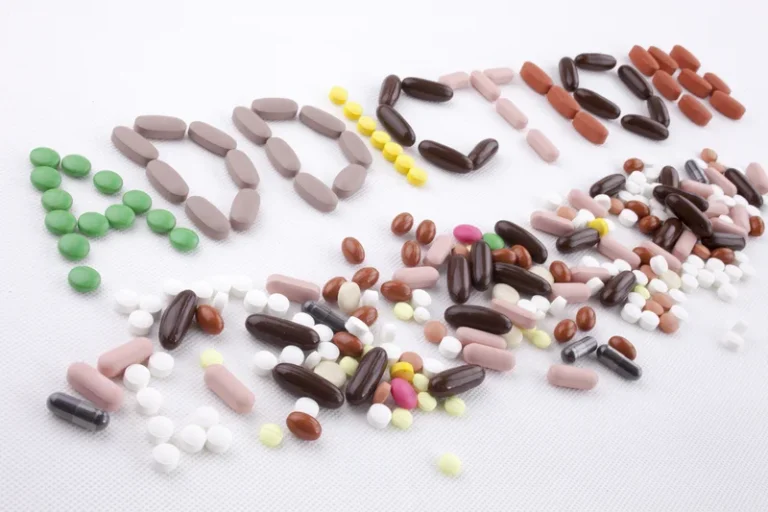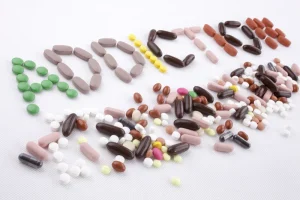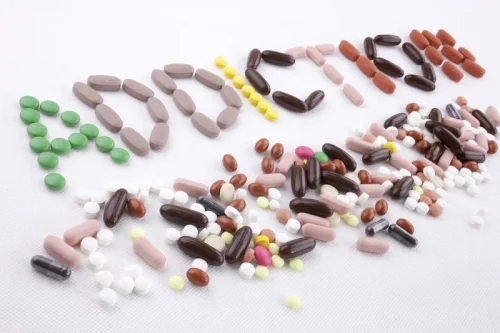
There are some people who believe relapse is automatically part of the recovery process. While relapse is definitely a concern, we want to reassure you that relapse does not have to be part of your story. Awareness can bring so much personal empowerment as you journey through your recovery from addiction. Becoming aware of the following relapse triggers is your first step towards a long-term addiction recovery. Recovering from substance addiction is never easy, and the truth is, the risk of relapsing is always going to be there.
Have You Ever Experienced Any Of These Relapse Triggers In Your Life
At this point, individuals that are relapse triggers list in recovery from substance abuse, are experiencing feelings, both positive and negative, that can be precursors to repeated substance abuse. Overconfidence in one’s recovery can be a subtle yet potent trigger for relapse. When individuals start feeling overly secure in their ability to stay sober, they may become complacent and neglect the necessary precautions. It’s crucial to maintain a humble and vigilant mindset throughout the recovery journey after heroin rehab Pennsylvania.
Creating a Relapse Prevention Plan

Please feel free to send us a message or give us a call and we would be happy to provide you with further information. Social anxiety can also be a struggle for many recovering addicts, which is why having a counsellor or sponsor can help you avoid social isolation. Reluctance to reach out to others, or form a sober support system through AA or another recovery group, can lead https://ecosoberhouse.com/ to social isolation and loneliness. The more you become socially isolated, the easier it is to rationalise drug or alcohol use to yourself. Learning to recognize triggers, getting help from a counselor, and building a support network are all useful tools in preventing a relapse.

Learn From Setbacks
- It is important because in early recovery, individuals are often only just starting to ‘feel’ again.
- Old friends may be an external trigger if you used to engage in substance abuse with them.
- Some coping skills that are taught involve cognitive-behavioral therapy (CBT), dialectical behavior therapy (DBT) and meditation.
- It will inevitably create difficulties in your recovery process to be exposed to these situations.
- A long-term, severe relapse might require residential treatment, while people with prior experience in a treatment program may do well with outpatient therapy.
In recent experiences, drug and alcohol abuse after practicing abstinence, heightens an individuals chances of overdosing. At The Dawn Wellness Centre and Rehab in Thailand, our compassionate team of specialists have spent years guiding people through successful, lasting recoveries. It should not be used in place of the advice of your physician or other qualified healthcare provider. The festive atmosphere and social dynamics often involve the availability of substances, creating a challenging environment for those in recovery. Communicating your commitment to sobriety with friends and family beforehand can garner understanding and support. Bringing non-alcoholic alternatives or choosing events with sober-friendly activities helps maintain a sense of participation.
When you are aware of this you can be vigilant in preventing yourself from entering those states. Let Little Creek Recovery Center guide you down the right path to recovery, personal growth, and long-term sobriety. When a person lacks engaging and fulfilling activities, the temptation to revert to old habits increases. Combatting boredom involves proactively seeking out hobbies, interests, or activities that bring joy and a sense of purpose. Also, environments with limited sober recreational activities may push individuals towards substance-related leisure. With your counselor or therapist, create a plan on how to handle the temptations that come with fun events like parties, weddings, holidays, and more.


It should be noted, if you do need treatment for your mental health, get the help you need. You can begin by starting a journal to help you notice when you may be slipping into old habits that are counter-productive. For instance, it isn’t a great idea to hang out with friends at a bar or around people who are using drugs.
List of Triggers for Relapse: Identifying and Managing High-Risk Situations
Experiencing these emotions is normal and an important aspect of recovery (and life) – but they are uncomfortable! Learning how to cope with your emotions as they arise without the use of drugs and alcohol will be amphetamine addiction treatment essential in early recovery. Perceived negative emotions often lead people to use drugs or alcohol in the first place and can easily lead a person back to their drug of choice.
